It’s been on the cards for some months, but this week McColl’s Retail Group finally confirmed its plans to float on the London Stock Exchange.
The IPO, set to be completed by the end of this month, is a big move for the 1,276-store convenience and CTN chain.
So why is McColl’s floating and what are its prospects? It is aiming to raise £50m to pay off some of its £90m debt and accelerate its ambitious expansion plans to have a portfolio of 1,350 stores, including 1,000 c-stores, by the end of 2016.
Although McColl’s is yet to reveal its placing price, analysts have given the business a likely value of £225m - 6.4 times its 2013 EBITDA of £34.9m.
McColl’s Retail Group in numbers:
£869.4m Turnover*
£34.9m EBITDA*
2.2% Like-for-like growth*
714 C-stores
562 CTNs
£225m Valuation
* y/e 30 Nov 2013
The business is currently 80% owned by management. Chairman and CEO James Lancaster, CFO Jonathan Miller and COO Martyn Aguss own the bulk of that, with the rest shared between 25 other managers. The remaining 20% stake is held by Cavendish Square Partners. There will be a “partial sale” of Cavendish’s stake, and Lancaster insists “all management will retain a significant stake and are all staying”. Former House of Fraser CEO John Coleman, former Dobbies FD Sharon Brown, and Georgina Harvey, the former MD of Trinity Mirror’s regional divisions, will also come on board as non-executives.
“I want a capital structure suited to our growth ambitions,” says Lancaster. “I want 1,000 c-stores by 2016. We will use our existing CTNs to convert stores, but will also increase our rate of acquisitions.”
The 1,000 c-stores target is a new and bigger one for McColl’s. It had targeted 800 c-stores by the end of 2015, but already has 714, as well as 562 CTNs. It ranks its stores as four types: premium (368), standard (252), food and wine (94) and newsagents (562).
The segments highlight McColl’s continued push away from its CTN heritage and into convenience. Premium c-stores are the group’s larger stores. They stock expanded ranges of ambient, chilled and fresh products and have the highest sales of grocery products in its portfolio. It is aiming for 100 more by the end of 2014 by converting 70 of its standard c-stores and acquiring 32 c-stores from independent retailers.
This push is a key reason why McColl’s thinks it will be an attractive prospect as a listed company. It points to the IGD’s prediction that the UK convenience sector will be worth £46.2bn in 2018, up from £35.6bn in 2013.
And, as the UK’s second-biggest multiple c-store chain behind Tesco Express, it believes it is “well placed” to capitalise on that growth.
“I want a capital structure suited to our growth ambitions”
James Lancaster
Clive Black, head of research at Shore Capital, agrees: “McColl’s is a sound business benefiting from being in the ‘right place at the right time’,” he says. “Small stores are in vogue at present in the grocery segment, with convenience in particular an attractive position. The prospects for neighbourhood stores appear brighter, albeit with challenges as newsprint, in particular, declines.”
However, McColl’s has been dogged by sale rumours. Sainsbury’s was linked to the chain in 2004. Four years later, it denied City reports it was up for sale. And in 2010, rumours surfaced that Costcutter owner Bibby was considering a bid after failing to take over Nisa. Morrisons was also understood to have run the slide rule over McColl’s in 2012. Commentators believe its store portfolio was too big for just one company to purchase without sparking competition concerns. And the stores in its CTN estate would be too small to interest the multiples.
McColl’s has performed strongly. Since its most recent MBO in 2005, turnover has increased from £682m to £869.4m. That’s a compound annual growth rate of 3.08%. Sales have increased every year apart from a small dip in 2009 when it sold 27 non-core hospital stores to Compass Group. Pre-tax profits have also increased, from £5.2m to £6.3m in 2012.
McColl’s flotation follows the successful float last summer of Bargain Booze owner Conviviality Retail - the owner of franchise off-licence chain Bargain Booze. Fashion retailer Bonmarche also listed late last year. Lancaster says “the City seems quite amenable to retail flotations now”.
Indeed, analysts seem more interested not in how McColl’s will fare, but which other retailers could follow it onto the Stock Exchange. Poundland, B&M Bargains, Fat Face, Pets at Home and AO.com are all understood to be considering IPOs. They’ll be keeping a close eye on how McColl’s gets on next month.








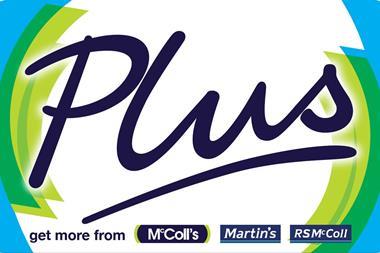
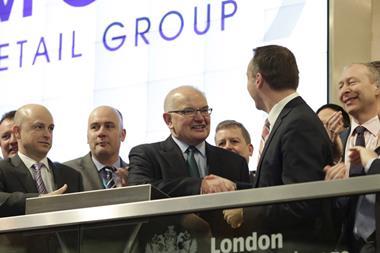
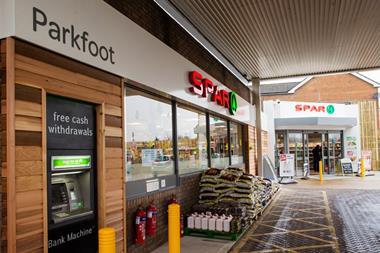
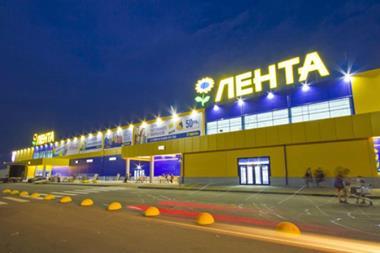
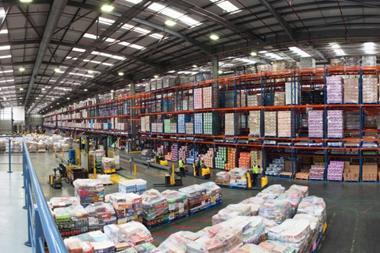




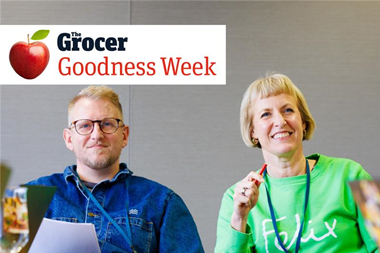

No comments yet